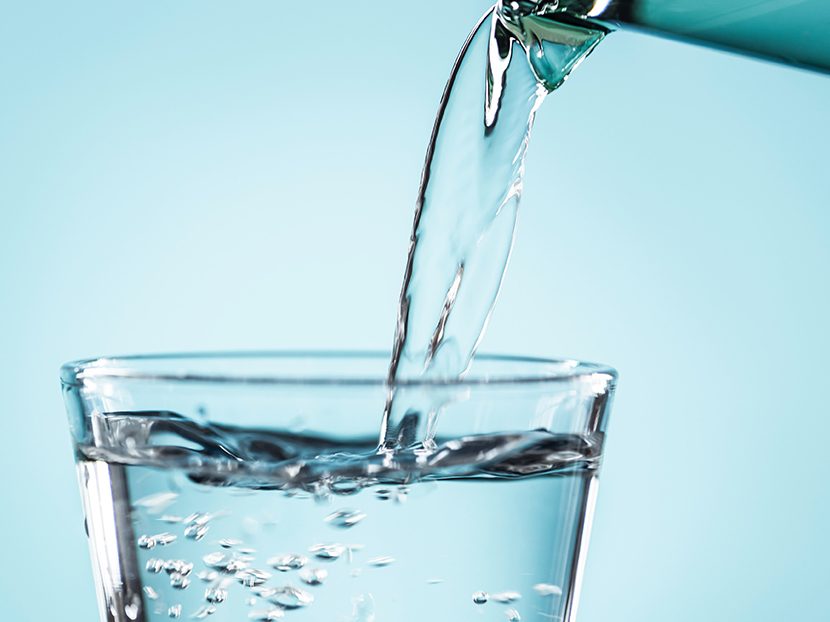WQA Joins Newark Education Efforts

The Water Quality Association (WQA) took part in two public events in Newark, New Jersey, designed to address citizens' concerns about lead in the city's drinking water.
WQA staff, including Global Governmental Affairs Director David Loveday, answered questions and provided resources during a health fair from 3 to 6 p.m.on Oct. 2 on the New Jersey Performing Arts Center Plaza. WQA representatives also attended a Town Hall meeting, "The State of Water," from 6:30 to 8:30 p.m. in the Performing Arts Center.
"We want to be sure Newark residents understand the health effects of lead in their drinking water and how to find the most effective treatment options," Loveday said. "With all the confusion surrounding the use of certified water filters to remove lead, we can provide solid, scientific information for consumers."
In late September, Newark officials said further testing shows that 97 percent of the water filters the city issued to city residents are reducing lead levels in tap water, a percentage that rises to 99 percent if residents flush out the system by running the faucet for five minutes. The U.S. Environmental Protection Agency had recommended in August that citizens use bottled water after early testing suggested problems with the filters, and WQA backed that recommendation as an appropriate safeguard for Newark residents, particularly children, while more thorough testing was completed.
At the health fair, Newark citizens had the option to have their blood screened for lead, see demonstrations on how to properly install and use water filters, and get other helpful information on lead exposure. At the Town Hall afterwards, Mayor Ras J. Baraka and a panel of experts provided citizens with the latest information on the city's water. Newark is in the process of replacing 18,000 lead water lines in the city.
WQA provides consumer information on its website, www.wqa.org, including Frequently Asked Questions about lead and a free lead fact sheet available for download.




